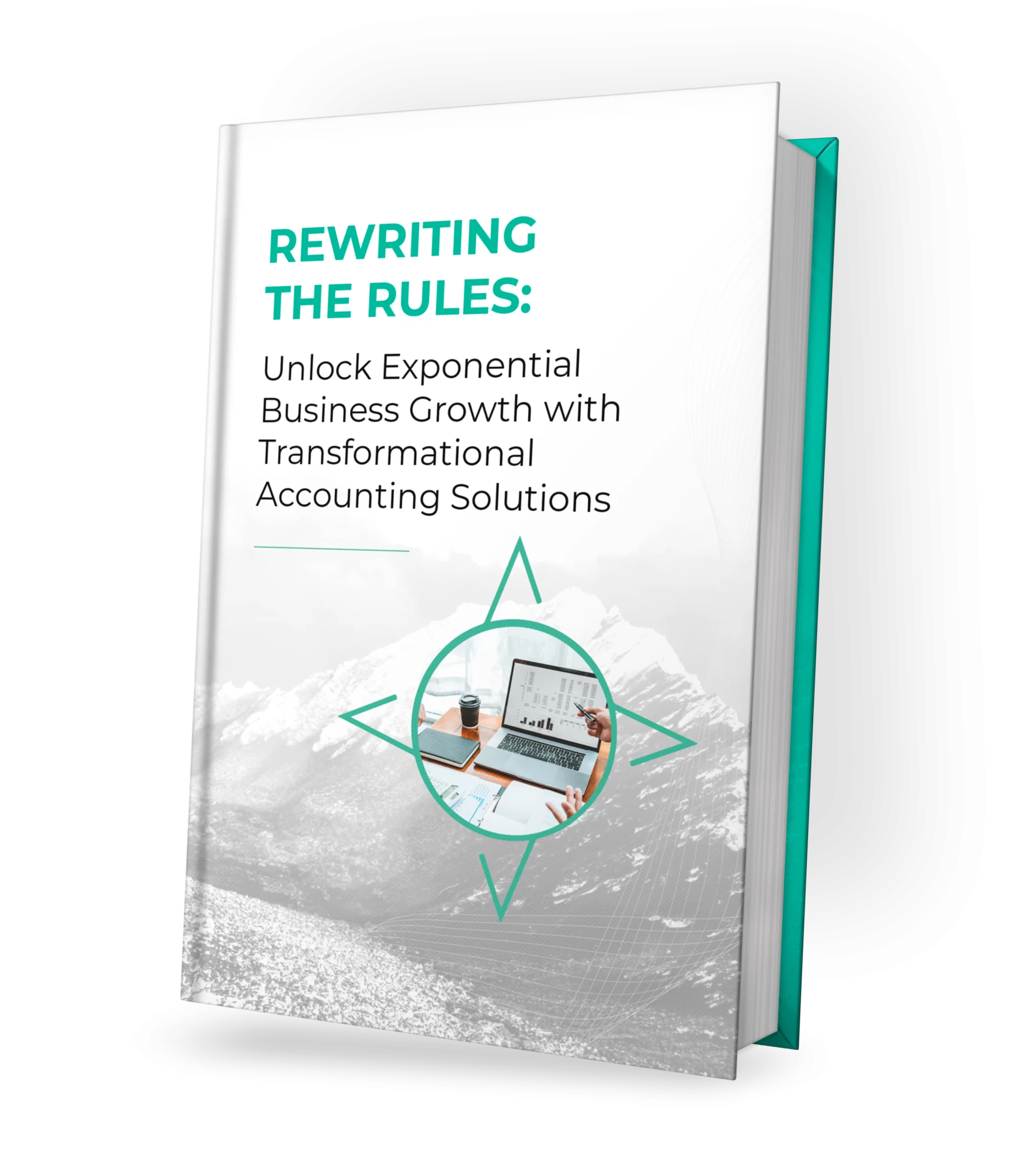Create an effective budget for founders with ease by following this comprehensive guide. Financial management plays a significant role in growing your business, and a well-crafted budget is the foundation of success. Controlling cash inflows and outflows is vital for the health and sustainability of your organization and a budget can help you plan to optimize the cash. Let’s dive into the steps to help you implement an effective budget for your business.
Step 1: Identify Your Business Goals
Begin by identifying your business goals. Whether they are short-term objectives like launching a new product or long-term aspirations like expanding to a new market, your budget should align with these goals. Remember to adopt the SMART framework (Specific, Measurable, Achievable, Relevant, and Time-bound) to establish clear and actionable goals.
Step 2: Estimate Your Revenue
Next, accurately estimate your projected revenue. As we have mentioned in previous articles, Revenue should be the starting point for all financial considerations of the budget. Consider various factors such as sales forecasts, past performances, market trends, and industry growth rates. Precise revenue projection forms the foundation of your expenditure framework. If you’re a startup with limited historical data, market research and industry standards can provide valuable guidance.
Step 3: Determine Your Fixed and Variable Expenses
Gain a clear understanding of your expenses. Differentiate between fixed expenses (e.g., rent, salaries, subscriptions) and variable expenses that fluctuate based on activity levels (e.g., advertising costs, raw materials). Analyzing your expenses helps determine the breakeven point—the revenue required to cover all costs.
Step 4: Allocate Funds to Key Investment Areas
Once you have a clear picture of your projected revenue and costs, allocate resources to strategic areas that align with your objectives. Prioritize investments crucial for business growth and long-term success. These can be in the form of additional development, fixed assets, or sales and marketing spend to drive revenue. Also, set aside funds for unexpected or emergency expenditures.
Step 5: Monitor and Adjust Your Budget Regularly
Remember, budget creation is an iterative process that requires regular monitoring and adjustments. Continuously compare your actual results against the budgeted figures, identify variances, and understand their origins. This allows you to make necessary amendments to your business plan and keep your budget aligned with evolving business objectives.
Step 6: Use Accounting Tools and Software
Optimize your budgeting process by leveraging accounting tools and software. These digital solutions automate tasks, minimize errors, and provide real-time financial data (which should be the source of truth), making the process more efficient and effective. Using financial data can also facilitate easier financial analysis, enabling data-driven decision making.
Creating an effective budget is a crucial step for founders looking to build a successful business. By leveraging accounting tools and software, you can streamline the process and stay on top of financial management. Contact Proseer today to discover how our expertise can help you create a well-crafted budget that supports your financial roadmap.

